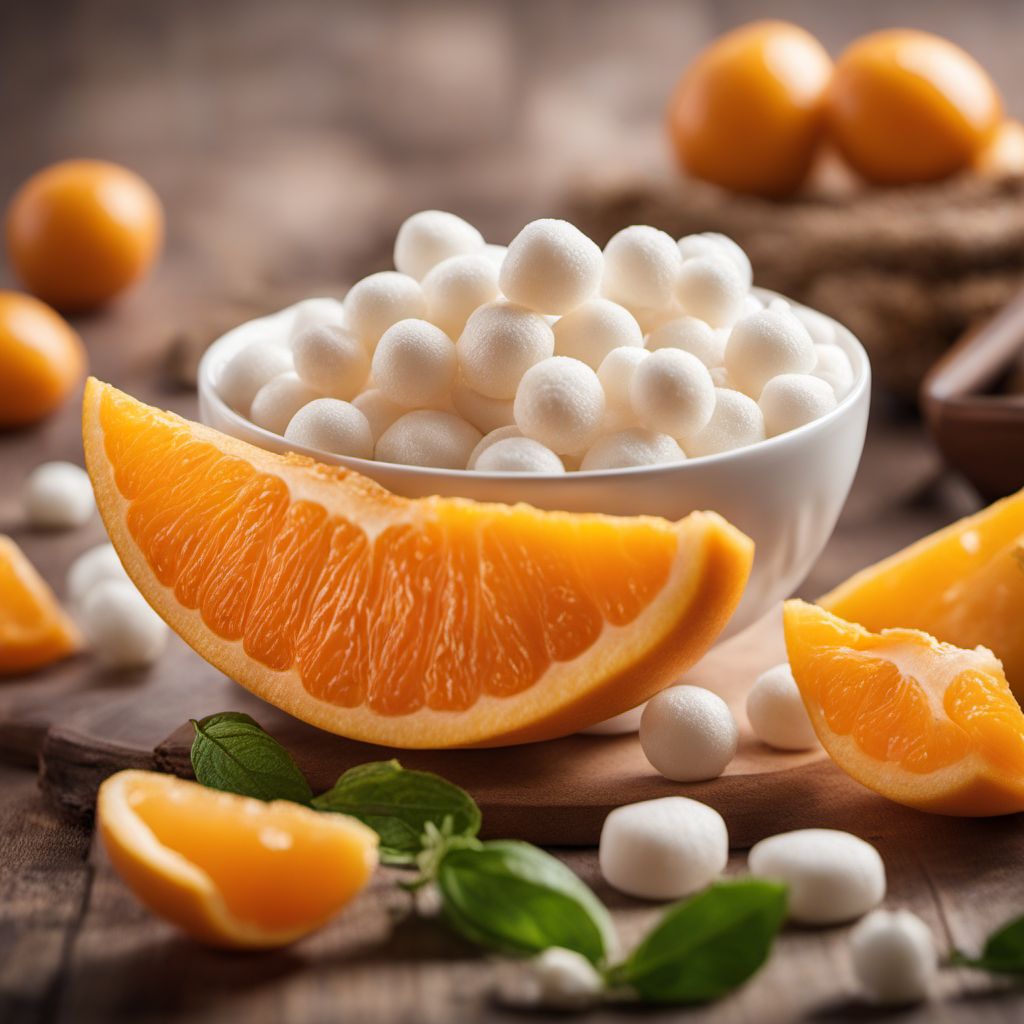
Ingredient
Vitamin C (ascorbic acid)
The Immunity Booster: Unveiling the Power of Vitamin C
Vitamin C is a water-soluble vitamin that is found in various fruits and vegetables. It is known for its antioxidant properties, which help protect the body against free radicals and oxidative stress. This nutrient is essential for collagen synthesis, wound healing, and the absorption of iron. Vitamin C has a tangy and slightly acidic taste, and it is commonly used in both sweet and savory dishes. It has a crystalline appearance and is available in powder or tablet form.
Origins and history
Vitamin C was first discovered in the early 20th century by Hungarian biochemist Albert Szent-Györgyi. It was later isolated and identified as ascorbic acid. Historically, sailors used to suffer from scurvy, a disease caused by vitamin C deficiency during long sea voyages. The British Navy eventually started providing lemon or lime juice to sailors, which contained vitamin C, effectively preventing scurvy. This discovery led to the understanding of the importance of vitamin C in human health.
Nutritional information
Vitamin C is a powerhouse of nutrients, providing essential antioxidants and supporting the immune system. It contains 0 calories and is a good source of dietary fiber, potassium, and folate.
Allergens
Vitamin C (ascorbic acid) is generally considered safe and does not pose any known allergens.
How to select
When purchasing vitamin C supplements, look for reputable brands that have been tested for quality and purity. For fruits and vegetables rich in vitamin C, choose ones that are firm, brightly colored, and free from bruises or blemishes. Organic options are also available for those looking to avoid pesticides.
Storage recommendations
To maintain the freshness and potency of vitamin C supplements, store them in a cool, dry place away from direct sunlight. Fruits and vegetables rich in vitamin C should be stored in the refrigerator to slow down the degradation of the nutrient. It is best to consume them within a few days of purchase for maximum nutritional benefits.
How to produce
Vitamin C cannot be produced by the human body, so it must be obtained through diet or supplements. However, it is possible to grow fruits and vegetables that are rich in vitamin C, such as oranges, strawberries, bell peppers, and broccoli, in a home garden with proper care and cultivation.
Preparation tips
To preserve the vitamin C content in fruits and vegetables, it is recommended to consume them raw or lightly cooked. Avoid overcooking or prolonged exposure to heat, as this can lead to nutrient loss. Adding a squeeze of lemon juice to dishes can enhance the flavor and provide an additional boost of vitamin C.
Culinary uses
Vitamin C is commonly used in the culinary world to enhance the flavor and nutritional value of various dishes. It is often added to smoothies, juices, salad dressings, and marinades. In baking, it can be used as a natural preservative and to activate yeast in bread recipes. Additionally, vitamin C can be used as a natural food coloring agent.
Availability
Vitamin C is widely available in the form of supplements and is found naturally in a variety of fruits and vegetables. It is cultivated and consumed globally.
More ingredients from this category » Browse all
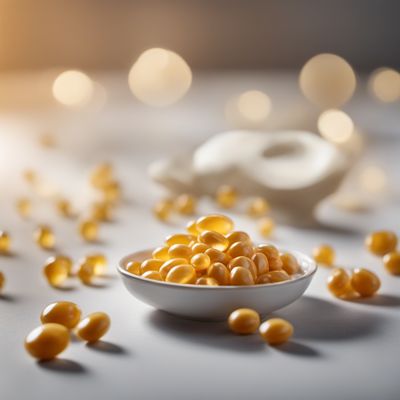
Vitamin D (cholecalciferol, ergocalciferol)
"The Sunshine Vitamin: Unlocking the Power of Vitamin D"
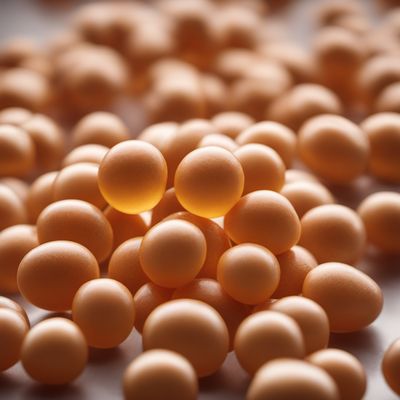
Vitamin B6 (pyridoxine, pyridoxamine, pyridoxal)
The Essential Nutrient Trio: Unveiling the Powers of Vitamin B6
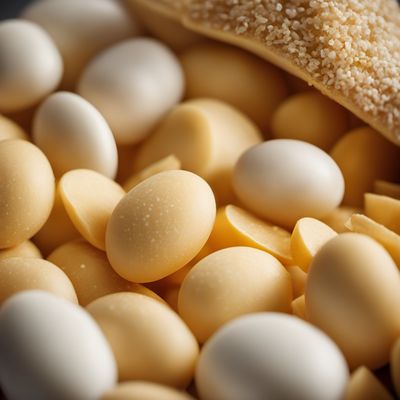
Vitamin B9 (folic acid, folinic acid)
The Essential Nutrient for Cell Growth and Development

Vitamin B12 (cyanocobalamin, hydroxocobalamin, methylcobalamin)
The Essential Vitamin: Unveiling the Power of B12
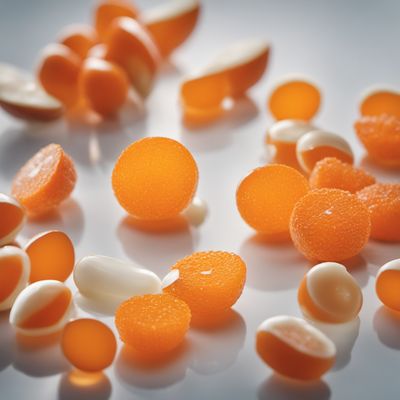
Vitamin A (retinol, carotenoids)
The Vision Booster

Vitamin B3 (niacin, niacinamide)
The Essential Nutrient: Unveiling the Power of Vitamin B3

Vitamin K (phylloquinone, menaquinones)
The Mighty Nutrient: Unveiling the Power of Vitamin K
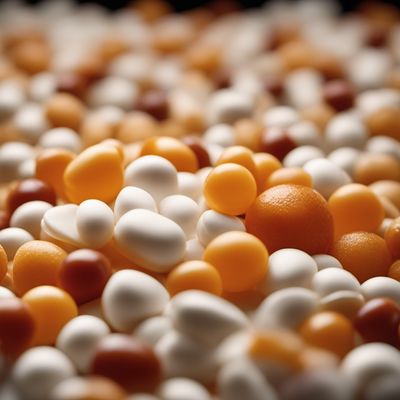
Vitamin B5 (pantothenic acid)
The Essential Nutrient: Unveiling the Power of Vitamin B5
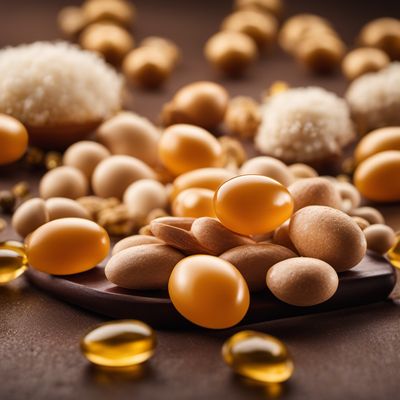
Vitamin B7 (biotin)
The Beauty Vitamin: Unveiling the Wonders of Biotin
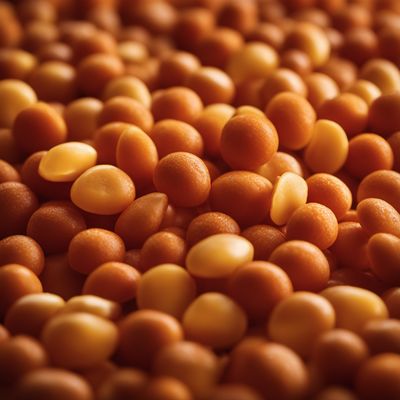
Vitamin B2 (riboflavin)
The Radiant Nutrient
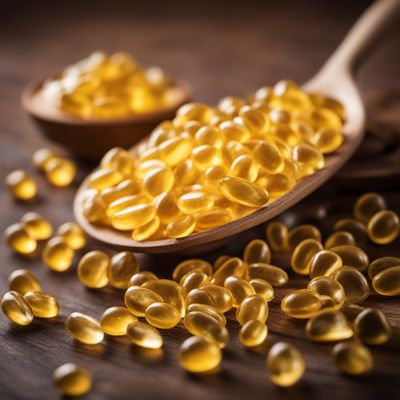
Vitamin E (tocopherols, tocotrienols)
The Antioxidant Powerhouse
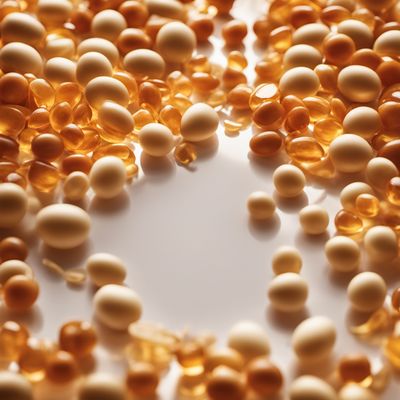
Vitamin B1 (thiamine)
The Essential Energy Booster